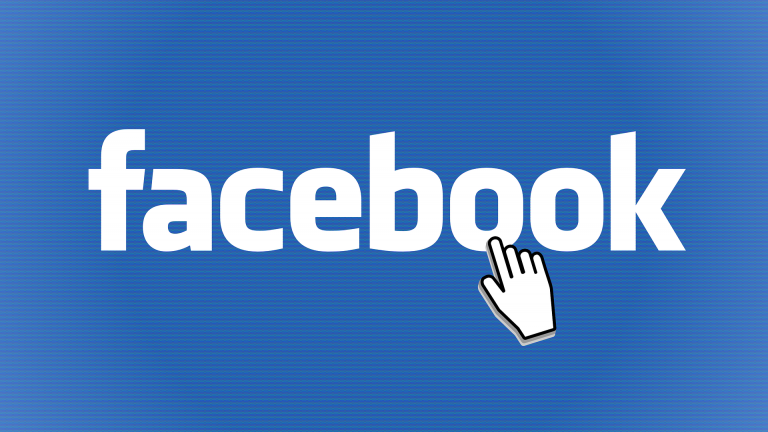Billions of people around the world use social media to express themselves, connect with others, and share their experiences. While it does provide users a platform to engage themselves constructively, excessive use of social media has proven to be harmful.
A recent report from the Wall Street Journal about a survey conducted by Facebook’s own researchers reveals that one in eight users indulged in obsessive use of social media in a manner that has had a damaging effect on their lives.
The collection of internal Facebook documents show that approximately 12.5 percent of the social network’s 2.9 billion users have been impacted negatively by the use of the platform. This would mean that Facebook has had a damaging impact on around 360 million users, with their addiction to the app affecting everything from sleep patterns and jobs to social relationships and parenting responsibilities.
While it is estimated that only 10 percent of the users in the U.S. encountered such problems, the figures are said to be as high as 25 percent in the Philippines and India, the corporation’s largest markets.
The study also compared Facebook with other internet sites such as Reddit, YouTube, and the MMO World of Warcraft (WoW). Results showed that users’ perception of lower well-being and problematic use was greater in Facebook than any other website.
Success
You are now signed up for our newsletter
Success
Check your email to complete sign up
In fact, participants in the Facebook study admitted that compulsive usage was the worst with Facebook when compared to other major social media platforms.
Numerous configurations in the app, like the appearance of red dots which would indicate when new content was ready, increased the addiction. A wave of notifications along with auto-playing videos made it difficult for users to log out of Facebook.
In order to increase engagement among users, Facebook is known to have made a significant change to its algorithm in 2018 by promoting content that is outrageous and exhilarating.
The findings were disclosed in documents copied by previous Facebook employee Frances Haugen, where she notes that Facebook knew the harm it was causing but failed to act on it. In a testimony before Congress last month, Haugen called Facebook “internally dysfunctional.”
In order to address the addiction issue of users, a Facebook “user well-being team” recommended making several changes, which included developing tools that would encourage users to take breaks and scaling down the number of notifications. The team was disbanded in 2019.
Pratiti Raychoudhury, Head of Research at Facebook, wrote in a blog post that the research was misrepresented by the Journal, saying they chose to “selectively pick and choose from internal company documents to present a narrative that is simply wrong about how we use research to address an important issue – this time about problematic use.”
She argues that addiction is not the same as problematic use since people’s relationship with a lot of technologies like TV’s and smartphones have also been referred to as “problematic use.” She also added that the company has built tools and controls to enable people to “manage when and how they use our services.”
Raychoudhury further clarified that “Since 2018, we have introduced nearly 10 products to better support people’s well-being, including problematic use of our apps, and that work continues today.” The WSJ report comes just weeks after Facebook announced rebranding itself as Meta.
















